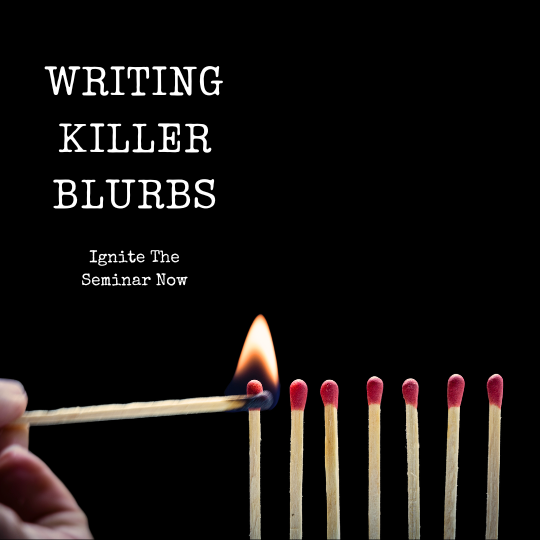For many years, I described myself as an "Indy" (okay, sometimes "Indie") author. I was told that this was the description for people who published with independent presses like Countryman, Reaktion, or Hippocrene. Companies like these seemed to be the right place for my work and I was fine. Lately, I've discovered that "Indy" is now used to mean self-published authors and that I am in search of a new descriptor.
Worse; I was at a conference recently where panels of self-published authors called themselves "indy," and a panel of small publishers used the same word. Actually, I introduced the panel of indy publishers and left everybody scratching their heads.
I've never self-published and have never been published by the big 5; all nine of my books came from smaller commercial publishers that I called "independent" up until this month.
What's the current terminology?
Worse; I was at a conference recently where panels of self-published authors called themselves "indy," and a panel of small publishers used the same word. Actually, I introduced the panel of indy publishers and left everybody scratching their heads.
I've never self-published and have never been published by the big 5; all nine of my books came from smaller commercial publishers that I called "independent" up until this month.
What's the current terminology?



